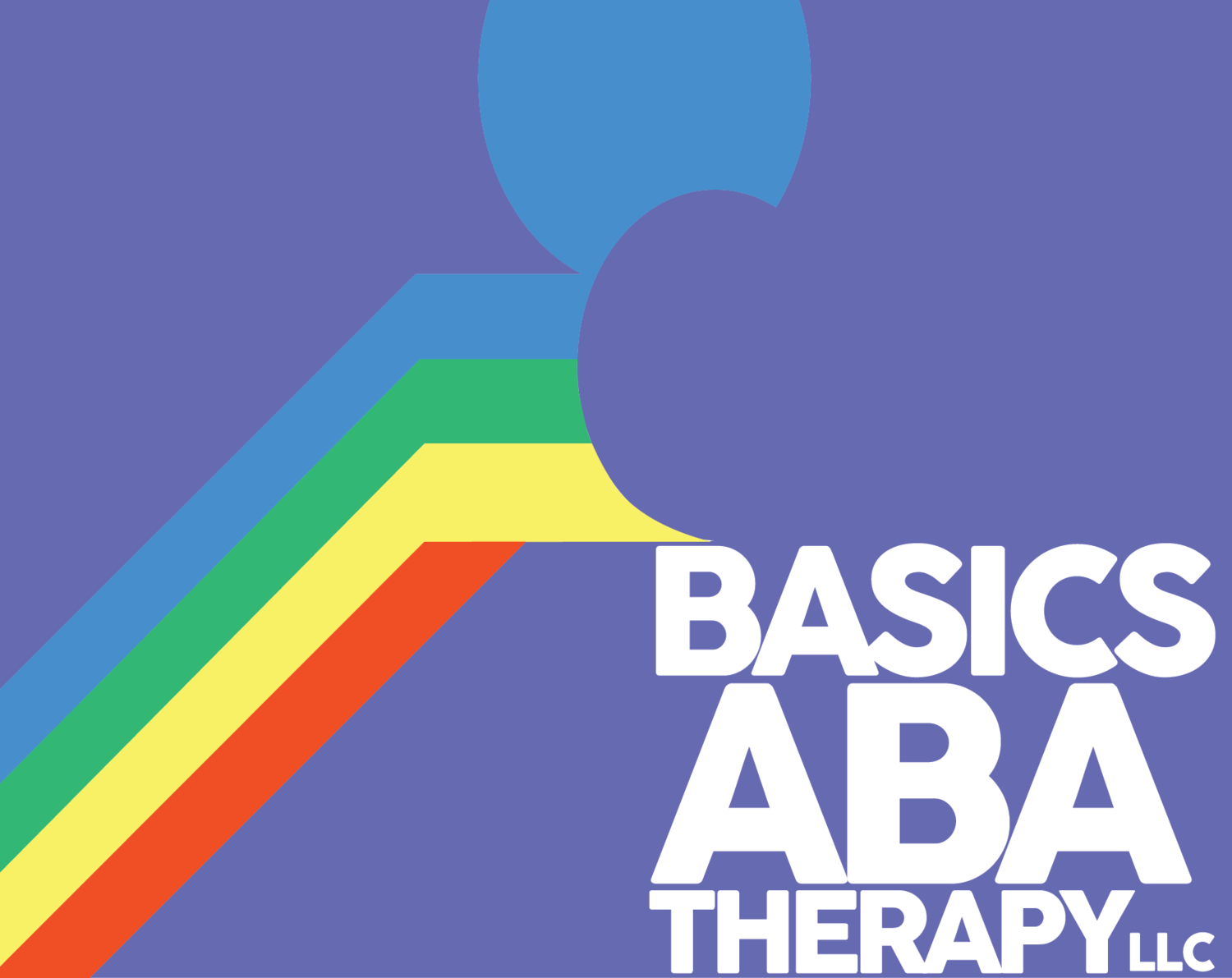Trauma Informed ABA
BASICS ABA Therapy provides in-home behavior analytic therapy, parent consulting, and school consulting and without disabilities. Behavior is a form of communication and it is important to understand it rather than control it. We challenge traditional models of behavioral therapy and ABA by teaching self advocacy rather than compliance as a primary skill to promote independence and increase better quality of life. We use child specific data to create behavioral, communication, and social skills interventions that honor the whole child and family by working together collaboratively with the child, family, and other professionals. Saundra Bishop, BCBA, LBA, CCPT world class national workshops, trainings, and Keynote addresses provide invaluable tools for providers, schools, companies, and conferences with a focus on neurodivergence and trauma informed care. Our handbook is also available for providers to increase knowledge about trauma-informed informed care and is an integral tool for a trauma-informed treatment plan.
1. Conduct and Implement FBAs: We create a comprehensive program to teach clients new skills and reduce problem behavior and increase effective behaviors to get their needs met. This includes a behavior plan and usually between 20-30 individual goals for skill acquisition. The program is created after a parent interview and student observation.
2. ABA Therapy: We provide in-home and telehealth ABA therapy by well-trained and educated ABA therapists. These therapists implement the program that is created by the Board Certified Behavior Analyst (BCBA). Students typically receive services 5 days a week and each session is usually 2.5-3 hours.
3. Create and Implement Treatment Plans: Our Board Certified Behavior Analysts (BCBAs) develop treatment plans based on the data gathered through interviews, learning assessments and on observing your child. They create a written document outlining the plan of care for clients receiving applied behavior analysis services.
4. Create and Implement Behavior Plans: Our BCBAs create a written course of action. It is a plan to increase effective behaviors and decrease effective behaviors. It may include a crisis plan. A behavior plan should also specify any reinforcement system in place.
5. Team Meetings: We hold quarterly 1-2 hour team meeting for most clients to review progress, troubleshoot behavior, and maintain an open dialogue with families. We encourage the clients to attend these meetings when possible.
6. Facilitated Playdates: We setup, attend, and coach clients during playdates with neurotypical peers to help the client practice skills being taught in sessions.
7. Group Outings: This provides an opportunity to practice new skills in different settings, including restaurants, museums, parks and libraries.


